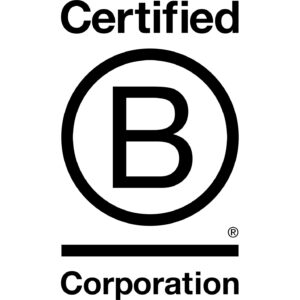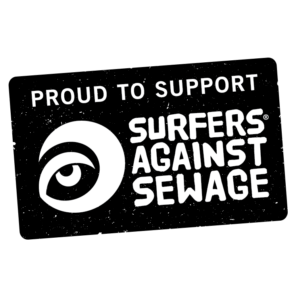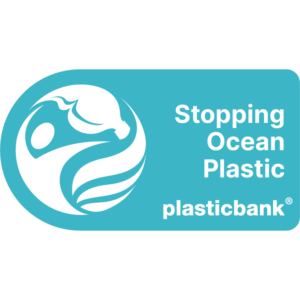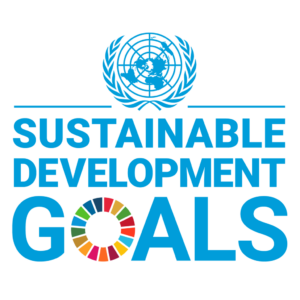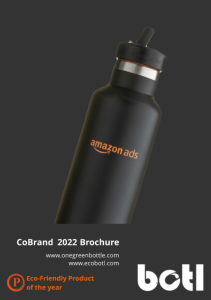Recycling Plastic Bags
Plastics that have been unrecyclable up until now will be able to be recycled back into high grade chemicals and oils, all with a low carbon footprint, at Renew ELP’s new plant in Teesside.
One of the most exciting developments in the world of plastic recycling is Mura Technology’s new Hydro PRS (hydrothermal plastic recycling system), which is going to be used at the new facility being constructed in Teesside – hoped to be operational in the first half of 2023. The plant, which will be able to convert hard-to-recycle plastics back into their chemical parts in order to be re-used, has been backed by conservation organisation and friend of OGB, Ocean Generation. The plan is for 80,000 tonnes of plastic to be processed a year at the new facility – to help tackle the 2.4 million tonnes that is produced in the UK annually. The ability to process mixed, layered and flexible plastics is what makes the plant unique, as this type of waste usually gets sent to landfill or incinerated. With the Hydro PRS, there is no limit to the amount of times the plastic can be recycled, which means Mura are helping close the loop on plastic and turning plastic usage into a circular economy.
How does it work?
The system uses water at elevated temperatures and pressure to break down plastic so that the hydrogen can be harvested. From this, new hydrocarbons are made that can be turned into chemical products which are stable and can be easily stored and shipped. Of course the process is far more complex than we’ve made it sound, but the important thing to know is that the process can reduce the need for oil extraction as well as stopping plastic reaching the environment.
But doesn’t that use huge amounts of energy?
It takes 75% less energy to make a plastic bottle with recycled material than virgin. Unlike other less efficient methods, the Hydro PRS process uses steam to impart energy from the inside, meaning the process has a low carbon footprint.
Who’s involved?
The project was given £4.42m by the government in 2020 as part of the Industrial Strategy Challenge Fund’s Smart Sustainable Plastic Packaging Programme (credit if you managed to read that all the way through without glazing over).
Renew ELP will be working with Geminor, who usually supply plastic waste for incineration, but are reconfiguring their approach and supplying post-consumer waste for plastic recycling. This will be sourced in the UK, reducing the need to ship plastic waste overseas.
The plant is also partnering with EcoSurety, who’s consumer education programmes and Flexible Plastic Fund are encouraging the use of front of store collections of post-consumer plastic products.
What does this mean for me? Where can I recycle plastic?
It’s more important than ever to make use of recycling points for difficult types of plastic. Make note of what collection points your local store has and remember to use them – it can be easy to just throw away things like wrappers and plastic bags rather than have them cluttering your kitchen – but keep a storage container hidden away in a cupboard and make it part of your routine to regularly empty it at the store.
The project is backed by Ocean Generation, who in partnership with Mura/Renew ELP have a vision to stop plastic pollution reaching the environment within the next decade.
References:
https://renewelp.co.uk/news/announcing-our-partnership-with-plastic-oceans-uk/
Construction starts on ‘revolutionary’ plastic recycling plant in Teesside | The Northern Echo
New Teesside plant will recycle all plastics and create 100 jobs | ITV News Tyne Tees
Groundbreaking Plastic Recycling Plant Coming to Teesside (naturallywild.co.uk)



